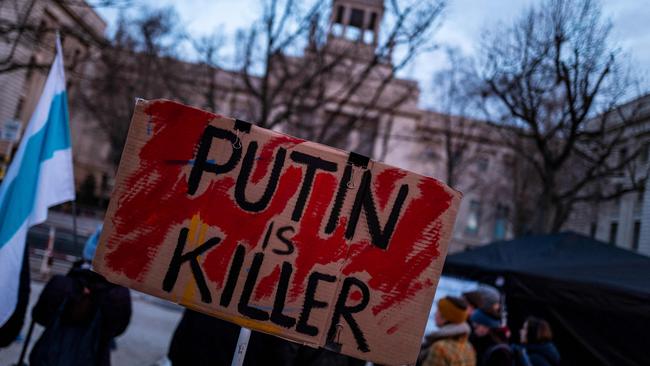
It was a development that no one seemed to predict, that has no real precedent in scale, and that signals a powerful shift in 21st-century thinking. Within weeks of the invasion of Ukraine, many global corporates had announced that they were withdrawing from Russia.
In a world where commentators and analysts endlessly scope scenarios flowing from an act of military aggression, none – publicly at least – entertained the idea of companies upping and offing from Russia, leaving behind assets, profit streams and local staff. Decisions were made to exit this market when there was no technical or legal requirement to do so. So fast was the response, I suspect many senior management teams and boards had discussed options in the weeks prior to the invasion. And for those who didn’t have a pre-invasion response strategy, there was the domino effect. When a critical mass of foreign corporates announce a decision to leave, it heaps pressure on those remaining.
The exiting corporates include businesses based in the US, Sweden, France, Japan and more. Tech companies as well as those in retail, fashion, fast food, entertainment, energy, travel and professional services have all made the decision not to be connected in any way with Russia’s belligerence. The calculation must have been made that the loss of profits, assets and skills resulting from a decision to exit is less – far less – than the reputational damage that would invariably flow from a decision to remain.
The corporate world had thought this through even if the expert commentators and military analysts hadn’t. The conclusion is that, less than 20 years after the founding of Twitter, it is no longer possible to operate a global corporate without an explicit social licence to do so. Businesses must adhere not only to the law but also – expressly and transparently – to the mores of the day, and to the values of everyday people.
In the last US administration, president Trump announced, to great fanfare, the establishment of a Space Force as part of the US military. Australia, too, recently announced a new Defence Space Command. The logic being, looming modern conflicts will demand new technical capabilities. I wonder if there is a Cyber Force tucked away somewhere within the Pentagon, charged with wreaking havoc upon the technology of a wartime adversary. And now, with this mass corporate withdrawal from Russia on the basis of social licence factors, maybe there is a need for yet another military division based around managing the message. A Social Media Force?
Authoritarian regimes have always censored local media to ensure that only the official perspective is aired. That may work if an economy is self-contained, as was the old USSR. But today, after 30 years of unfettered globalisation following the end of the Cold War, and with a fuller integration of businesses between authoritarian and market-driven regimes, there comes the blunt realisation that global corporates can and will withdraw their operations and their services, at whatever cost, if their social licence is threatened.
No amount of censored local media within an authoritarian regime will protect a global corporate from the wrath of public opinion. And that is what has changed. Global businesses must now reflect the values and mores of the global community; right now, Russia’s barbarous campaign against its neighbour can’t be tolerated.




